Fast growth of cash loans and the fact that it is increasingly easy to raise them, attracted the attention of the HNB, with Governor Boris Vujčić announcing the bank will follow the trend closely, which means that we can expect measures from the HNB. Credit activity of banks is expected to increase next year, 'more towards citizens than companies', while Vujčić is concerned with fast growth of cash loans with relatively long repayment periods and no collateral.
- We will pay more attention to this growth and analyze it to see whether interventions are needed - said Vujčić to reporters at the conference on findings of central banks. If needed, measures can be expected that will make it more difficult for banks to issue cash loans. As we have learned, many options are at the HNB's disposal, including limiting maturity of such loans.
Online
Annual growth of cash loans reached 11% and citizens can raise loans of up to HRK 300,000 with maturity of 12 years. Banks are not asking for any collateral as competition on the banking market is intensifying in this segment, with ads stressing that clients can raise such loans 'in five minutes' or '30 minutes…'. In essence, clients do not have to come to the bank to raise loans as filling out a form online is enough.
Vujčić noted that banks have started using AI for determining credit worthiness of clients based on financial records on the client in question, which is why banks are approving loans so quickly. However, the HNB will assess how well banks are estimating risks to prevent impulsive raising of loans'. The HNB has a good track record with regard to this and Vujčić reminded that the bank was always prepared to react before threats appeared. He pointed to 2008, when the HNB slowed down growth of loans and tried to limit exposure of banks before the crisis started, which helped banks survive the crisis. Also, he noted that five years before the crisis in the fallen Agrokor food and retail conglomerate, the HNB started limiting exposure of banks towards the conglomerate. However, growth of loans is still limited, meaning that the HNB will have to calculate whether its intervention would present holding down of the only type of loan currently on the rise.
Besides the noted change in technology for approving loans, cash loans are currently not as expensive as they used to be, so citizens opt against hassling with different types of loans that might be more affordable, but require much more paperwork.
Comparison of banks shows that effective interest rate on cash loans with variable interest rate range from 6.17% (Karlovačka banka, Banka Kovanica) to 8.92% (Partner banka). Loans with fixed interest rate are available at rates from 6.64% (Splitska banka) to 8.76% (Primorska banka), while those with combined interest rate come with rates between 7.02% (Hrvatska poštanska banka (HPB)) and 7.36% (Istarska kreditna banka (IKB).
It appears that banks do not know what citizens are using cash loans for. However, unofficial sources revealed that purposes are different: purchase of automobiles, furniture and real estate, especially small apartments and cheap houses in Slavonia.
Unlike the period before the crisis, when loans for automobiles were popular, banks are currently offering almost no such loans - only Splitska banka is offering them. Said loans stood at HRK 6.2 billion at end 2010 and currently stand at 720 million. In the same period, cash loans increased from HRK 33.2 billion to 46.8 billion, presenting increase of 13.2 billion. Rate of growth picked up pace last year, with an increase of HRK 4.3 billion, compared to increase of approximately 2 billion from the year before.
Growth of optimism
Another change compared to the period before the crisis is preference for loans in domestic currency. While just one third of cash loans were in domestic currency eight years ago and two thirds were indexed in foreign currencies, the situation has reversed as two third of loans are in domestic currency.
Vujčić explained that growth of loans came as result of relatively fast growth of wages, which in turn came as a consequence of lack of workers, with employment increasing as well.
- If wages and employment are rising then disposable income increases, meaning that citizens can raise more loans - he said. In addition, consumer optimism is on the rise as they see better opportunities on the labor market.
Since citizens are on average more responsible when it comes to repayment of loans, banks have understandably turned towards them. Interest for commercial loans is apparently still very low.
Governor Boris Vujčić is concerned with very fast growth of cash loans with relatively long maturity and no collateral
Governor Vujčić sees banks' use of AI in determining credit worthiness of clients, based on their financial records, as the reason why banks are approving cash loans quickly.
Growth of cash loans
Total HRK
December 2010 33.6 billion 10.4 billion
September 2011 36.0 billion 10.2 billion
September 2012 35.9 billion 9.5 billion
September 2013 37.2 billion 11.6 billion
September 2014 38.2 billion 14.4 billion
September 2015 39.5 billion 17.5 billion
September 2016 40.5 billion 22.6 billion
September 2017 42.5 billion 27.9 billion
September 2018 46.8 billion 33.5 billion






